Responsible retailing is about protecting your staff and shoppers by keeping up to date with legislation and helping to reduce crime in your local area.
Being responsible means giving your staff the tools and training they need to prevent underage sales.
It also means working in the community, reporting illicit sellers and linking up with nearby businesses to respond to crime together.
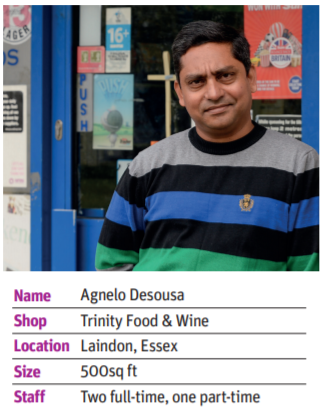
Trinity Food & Wine in Laindon, Essex, is in a residential area, with several houses and schools nearby.
Agnelo Desousa has operated the 500sq ft store for 15 years and has built strong relationships with the local community.
He has relatively low crime in the area, with most incidents petty and opportunistic – which he reports to the police.
Agnelo also has a refusals register and asks for ID, but because of his relationship with the community being as strong as it is, Agnelo feels it’s not always needed.
How can the IAA and JTI’s Sarah Connor help him protect himself?
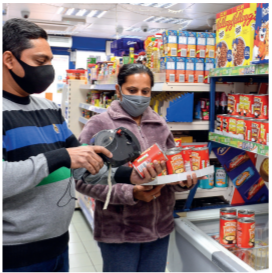
Why I take part
“Being a responsible retailer doesn’t just help my business, but also the local community, too.
“Sarah has offered some great insights about how to become a more responsible retailer and I’m looking forward to implementing the action plan.
“I’ll start this by writing down refused sales in our refusals register, as well as sales where my team and I have asked for ID, too.”
IAA advice
Eliminating underage sales using the Challenge 25 scheme
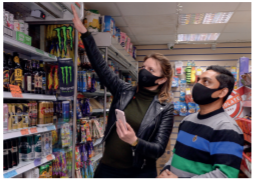
Agnelo has a Challenge 25 sign above his tobacco gantry to keep shoppers informed, but other age-restricted areas aren’t highlighted. What can he do to ensure customers are aware of age limits on other products, like alcohol?
Sarah says: “We recommend displaying Challenge 25 signs around the store and close to age-restricted products as the first step in youth access prevention.
“By having these signs, Agnelo can highlight the process he and his team follow to prevent underage sales and avoid any potential customer confrontations that can happen when asking for ID.”
ACTION ➜ Place Challenge 25 signage in visible locations to highlight in-store processes and deter underage sales
Asking for proof of age and keeping a log of refusals to eliminate underage sales
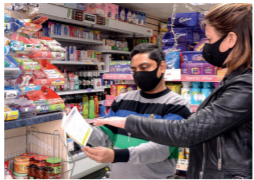
Agnelo combats repeat underage sales by having a refusals register. The last entry, however, was his last refusal in 2018 and hasn’t been signed off in six months. How can Agnelo show he’s asking for proof of age?
Sarah says: “A refusals register is a practical way of ensuring you’re applying Challenge 25 and documenting it shows that you’re being compliant.
“By following ‘No ID, No Sale’ and carrying out regular test purchases, Agnelo reduces the risk of underage sales, as well as being able to provide documentation to Trading Standards if inspected.”
ACTION ➜ Keep a log of all sales where ID has been requested, and sign and check it weekly
Working with the community to educate about and reduce illicit trade
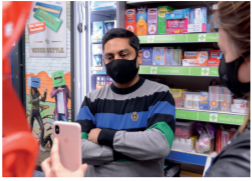
Agnelo is aware of the existence of illicit tobacco sales in the nearby town centre, but this has declined since the coronavirus lockdown. However, Agnelo wants to educate his customers on the impact buying illicit tobacco has on retailers. How can he do this?
Sarah says: “Agnelo is doing a great job in reducing underage sales, but his next step is educating his shoppers on the dangers of buying illicit products, such as tobacco.
“Retailers should be able to inform shoppers about the risks of buying illegal products and make sure to report any intelligence of illegal sales to the authorities.”
ACTION ➜ Educate shoppers on identifying illicit trade and the risks associated with doing so
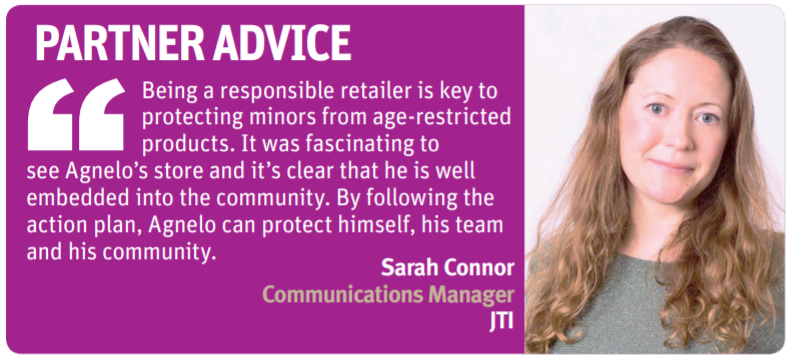
To find out how Agnelo got on following his visit from Sarah Connor, click here.

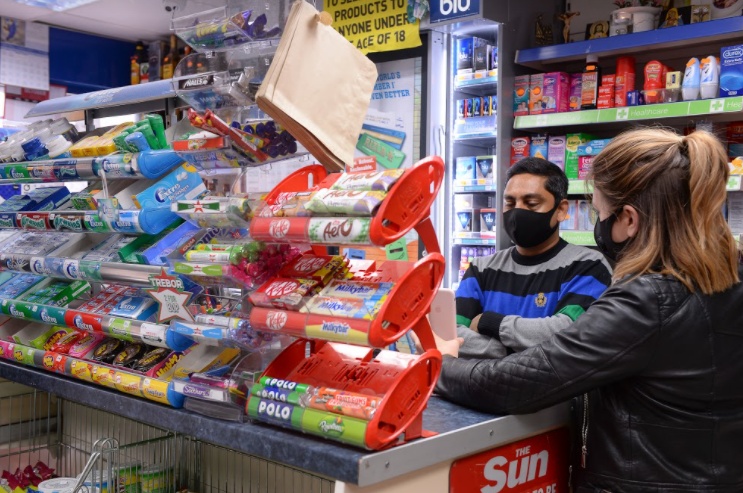
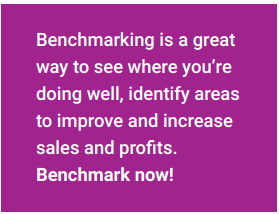
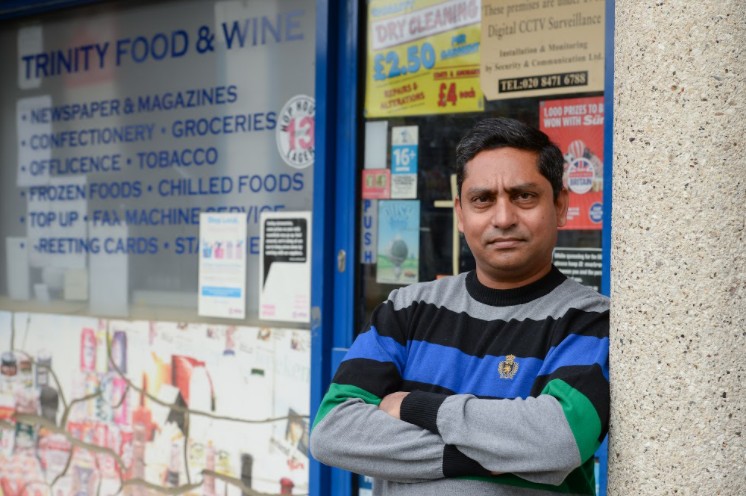
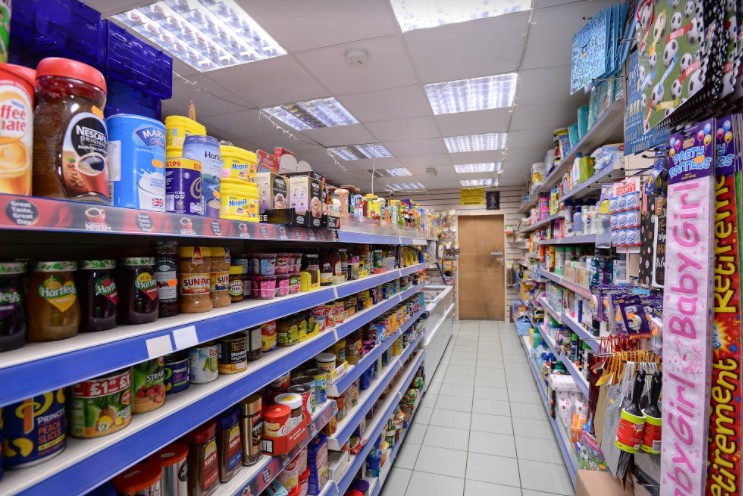
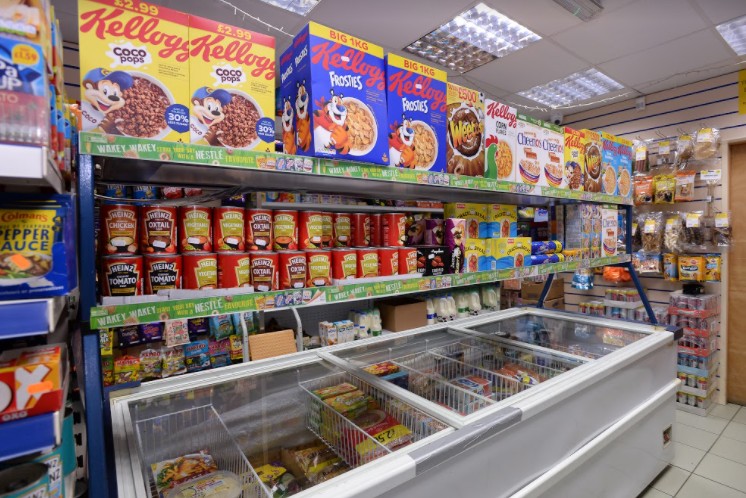
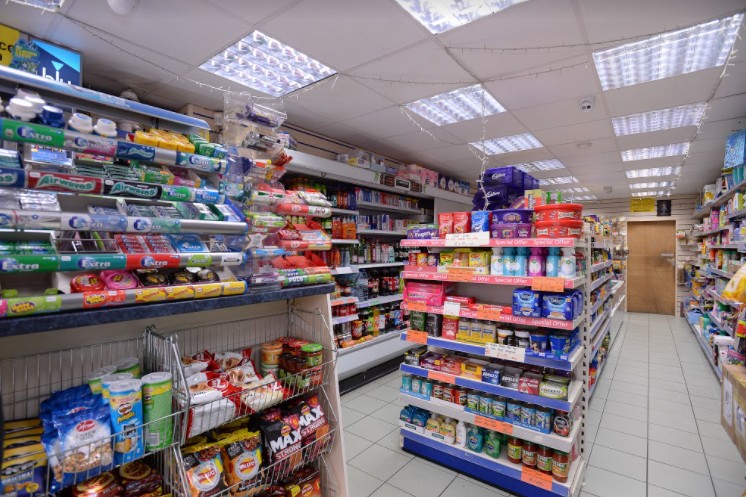
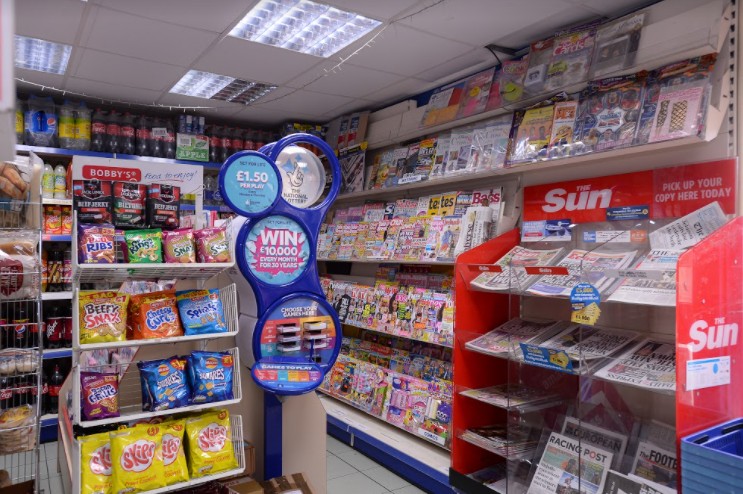
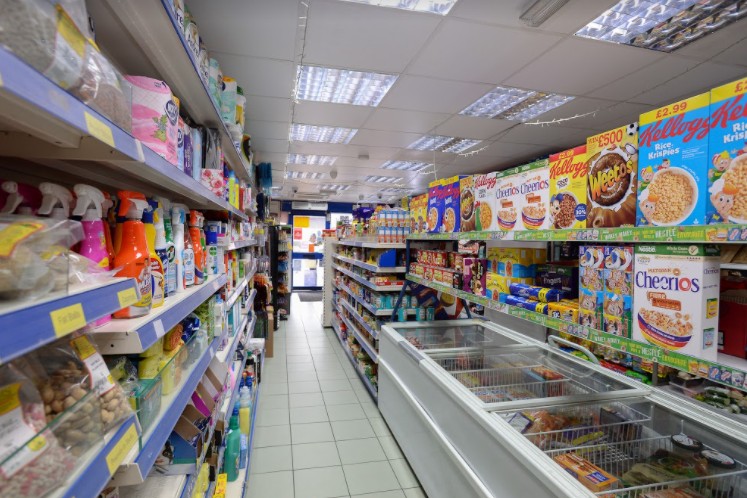
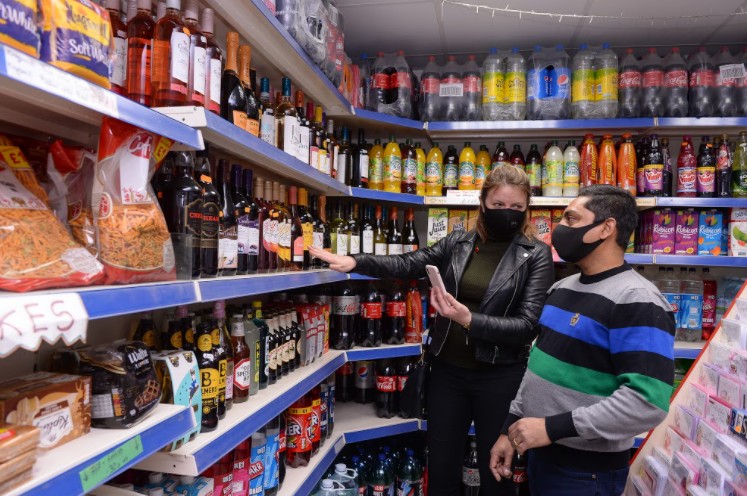
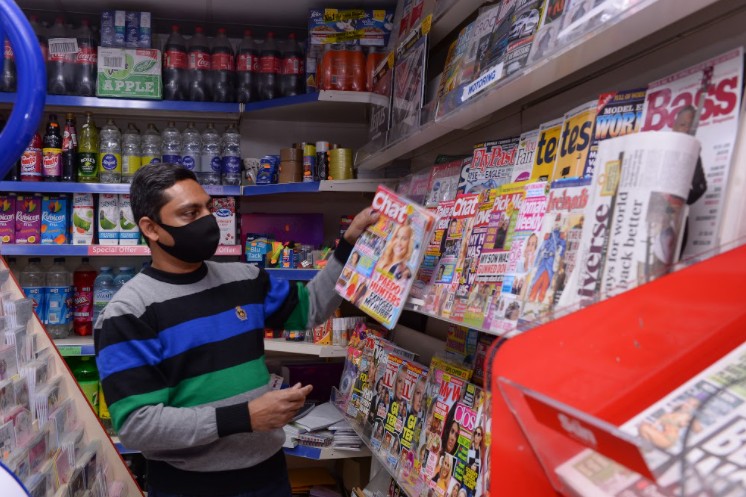
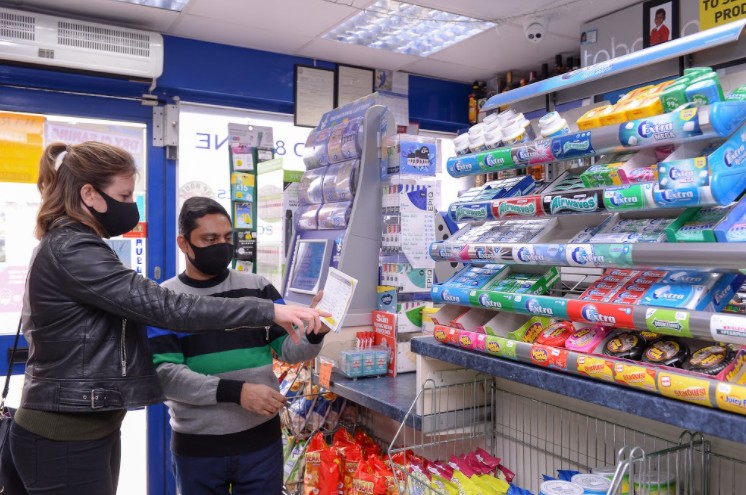
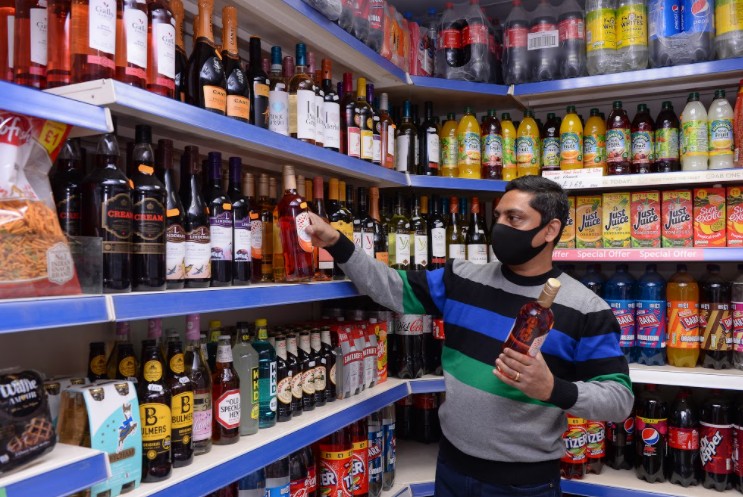

Comments
This article doesn't have any comments yet, be the first!